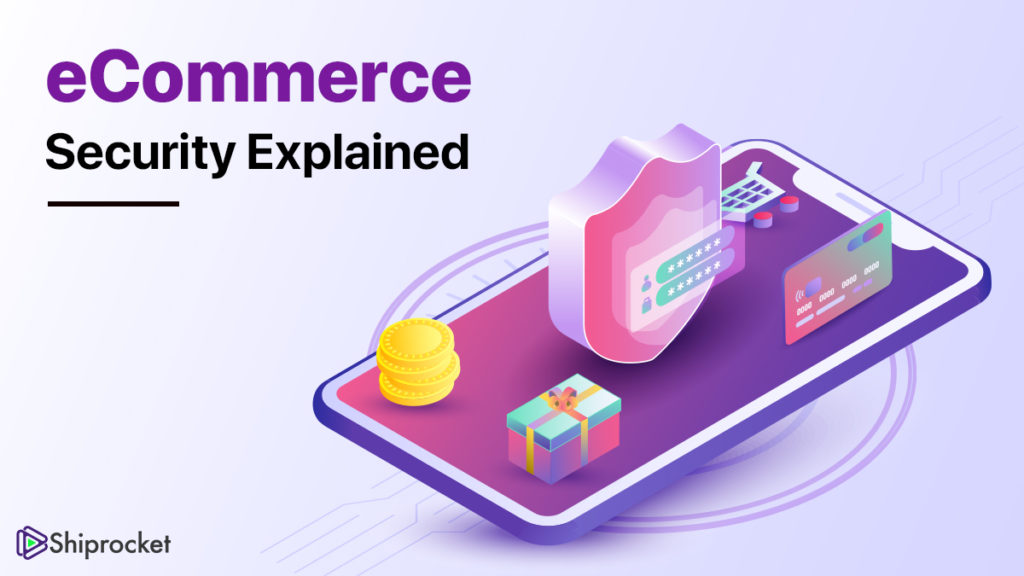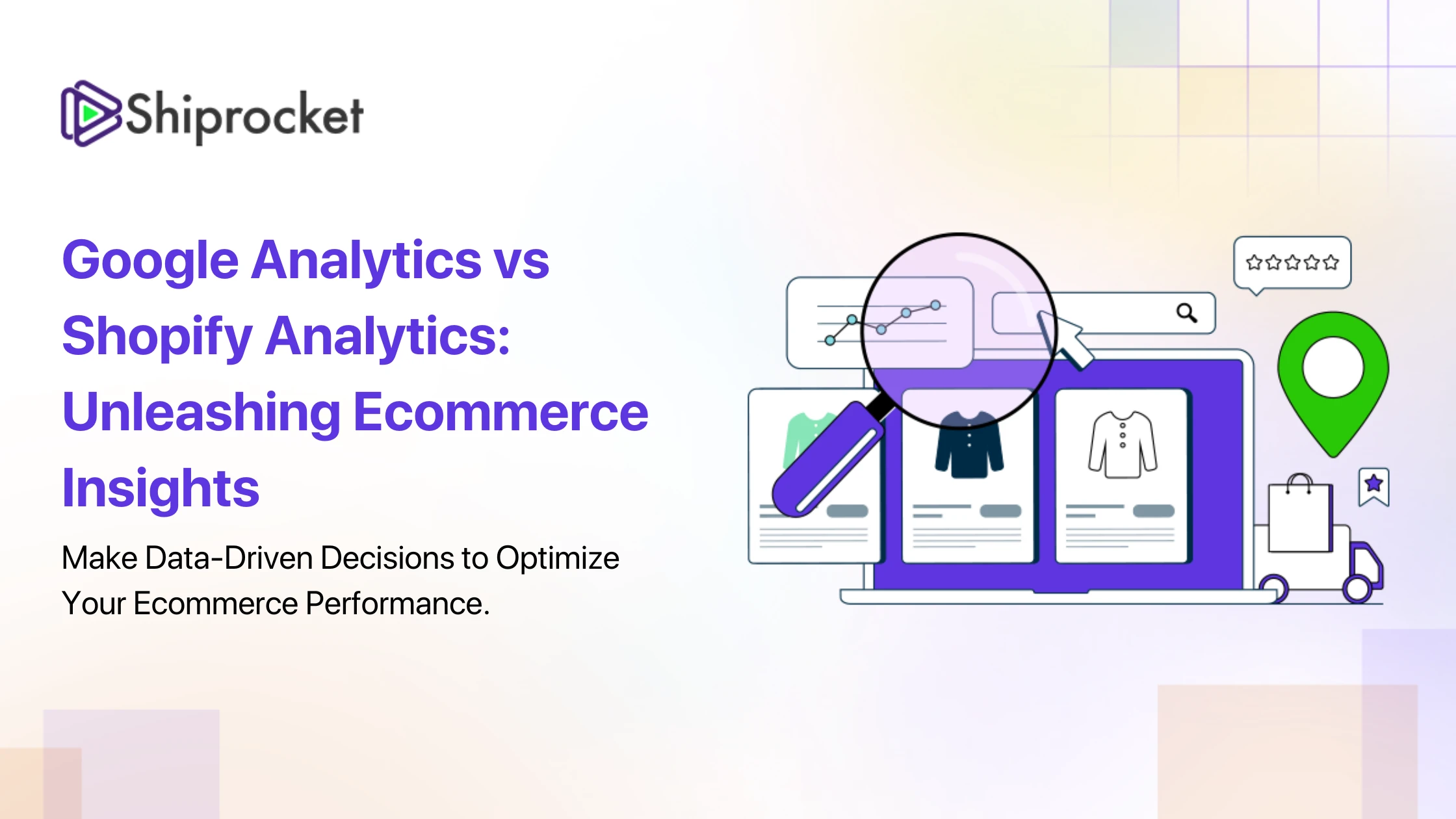All you Need to Know About eCommerce Security
In an era where all your data and information is out there on the internet, it is vital to pick the right security system to ensure complete safety for your website. Every transaction your buyer makes on your site needs to be secure so that you can provide them with a seamless and safe shopping experience. Along with this, any breach in the system that might lead to a leak in data can be a potential threat to your business. To get a better understanding of the safety of your business, here is a closer look at eCommerce security.

What is eCommerce Security?
Like any other security establishment, eCommerce security is the protection of data, infrastructure, and other eCommerce assets from unauthorized use and disclosure. It includes the protection of the privacy of the buyer and seller, the integrity of the sharing of data, and the authentication of the parties involved.
These practices are necessary for maintaining a safe and secure trade between parties and also to reduce the risk of fraud and online scams.
Why is eCommerce Security Necessary?
Without a proper security system in place, anyone would be able to hack through your website and commit fraud. The ecosystem currently is hostile, and to ensure that you do not breach any code, you need to be double sure. Hence, eCommerce security comes into the picture. Here are a few reasons why eCommerce security is essential –
eCommerce Security Threats
Phishing Attacks
These are attacks usually done by sending out an email pretending to be from a trusted sender. They contain links that will lead you to another website that may appear authentic but usually aren’t. These are often used to get into systems and pave the way for more significant problems. But, any pause or downtime caused on the website because of this can lead to a loss in sales and also decrease your on-site conversion rate.
Credit Card Fraud
Credit card frauds are the most common frauds in today’s time. In this fraud, criminals steal your credit card details from a website and use them to make illegal transactions. This is an extremely dangerous crime if hackers get through it. It can cause significant harm to your customers and also go against the privacy of your buyer’s credit card. Hackers are now getting smarter and are using various means to hack your website and extract this sensitive information.
Malware
Malware is a hostile software that is attached to your webpages once the hacker enters your eCommerce website. It can lead to the leak of data, the appearance of your website could be altered, or some unwanted messages could be shared from your website.
Distributed Denial of Service (DDoS) attacks
Under this threat, hackers access your website from various sources and increase the traffic on it. Even though they are not usually done on a large scale, they can be harmful to your website by causing downtime and unexpected closures.
Bad Bots
There are various kinds of bots available on the internet. They can be good bots and bad bots. Good bots are used by companies for indexing and data crawling. But over time, people have also installed bad bots for stealing content from websites, altering pricing information, etc. Your competitors can use this information and strengthen their claims against your campaign.
Solutions to Protect eCommerce Security
SSL Certificates
SSL certificates are called Secure Socket Layers. They are useful for protecting your website data and your customer’s data from attack. Once you add an SSL certificate, you can see a lock icon next to your URL, and the HTTP is combined with an additional ‘s’. It prevents a hacker from spying on your website.
Web App Firewalls
Web App Firewalls are useful for protecting both outbound and inbound traffic to your website. They filter out unwanted and questionable traffic and give you the authority to select who accesses your site.
Bot Blockers
Bot blockers identify bad bots, and usually, once they are detected, they drop the request and stop making any further requests on the website. CAPTCHA is the first line of defense for such bot blockers.
PCI DSS Compliance
PCI DSS stands for Payment Card Industry – Data Security Standard. It is useful for the prevention of credit card fraud and establishing a secure payment gateway. It makes it compulsory to maintain a security policy that accommodates firewalls and data protection methods.
Address Verification System (AVS)
An address verification system enables you to cross-check the customer’s address that might have been entered across different shipping carriers. This allows you to reduce any shipping errors and also simplify the checkout process for your buyer.
Conclusion
eCommerce security is an integral part of your eCommerce plan. Make sure you implement it correctly and take all the necessary steps to offer your customers seamless shopping experience. It can be challenging if your privacy is compromised at any point. Therefore, maintaining strict confidentiality is needed at all times.






